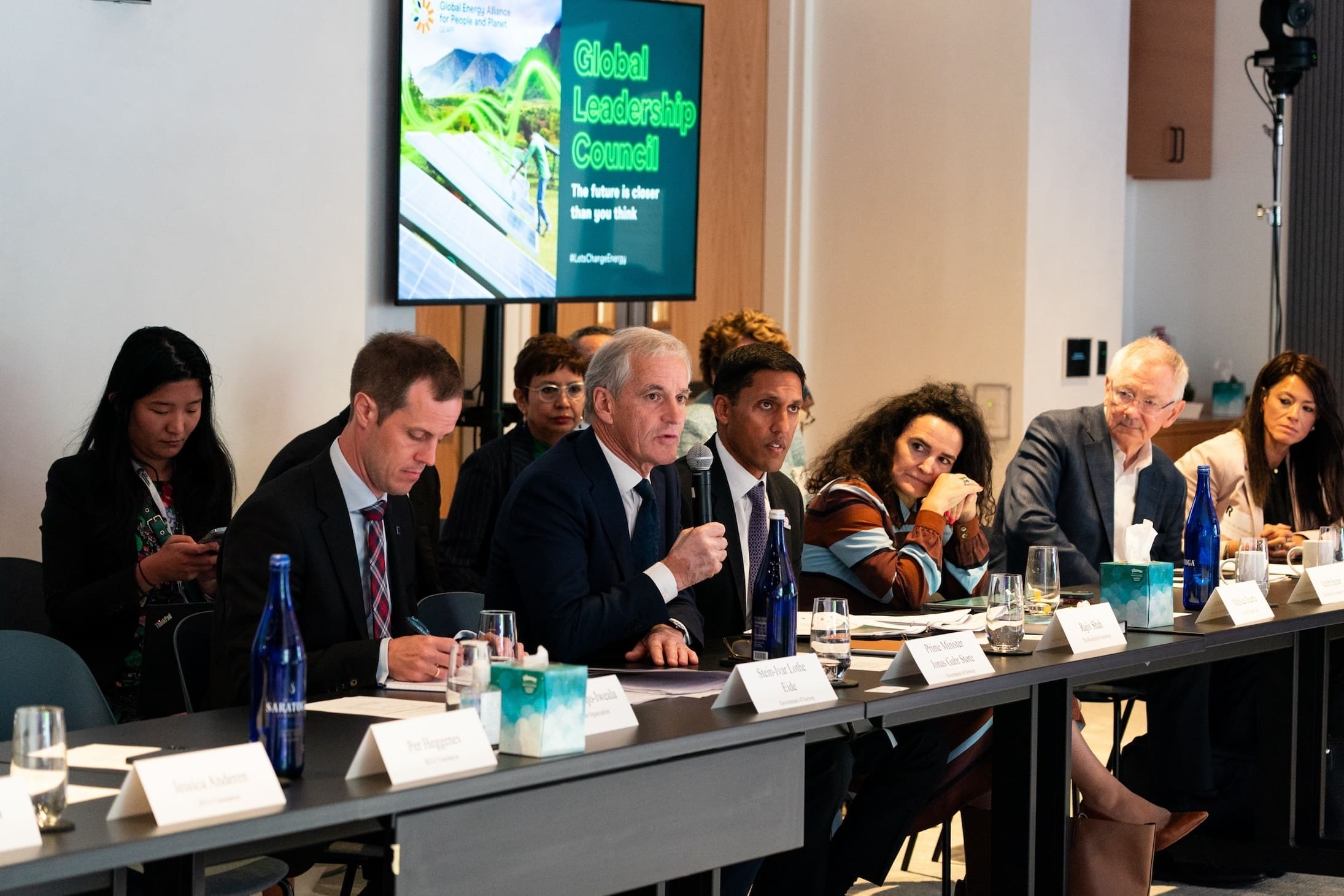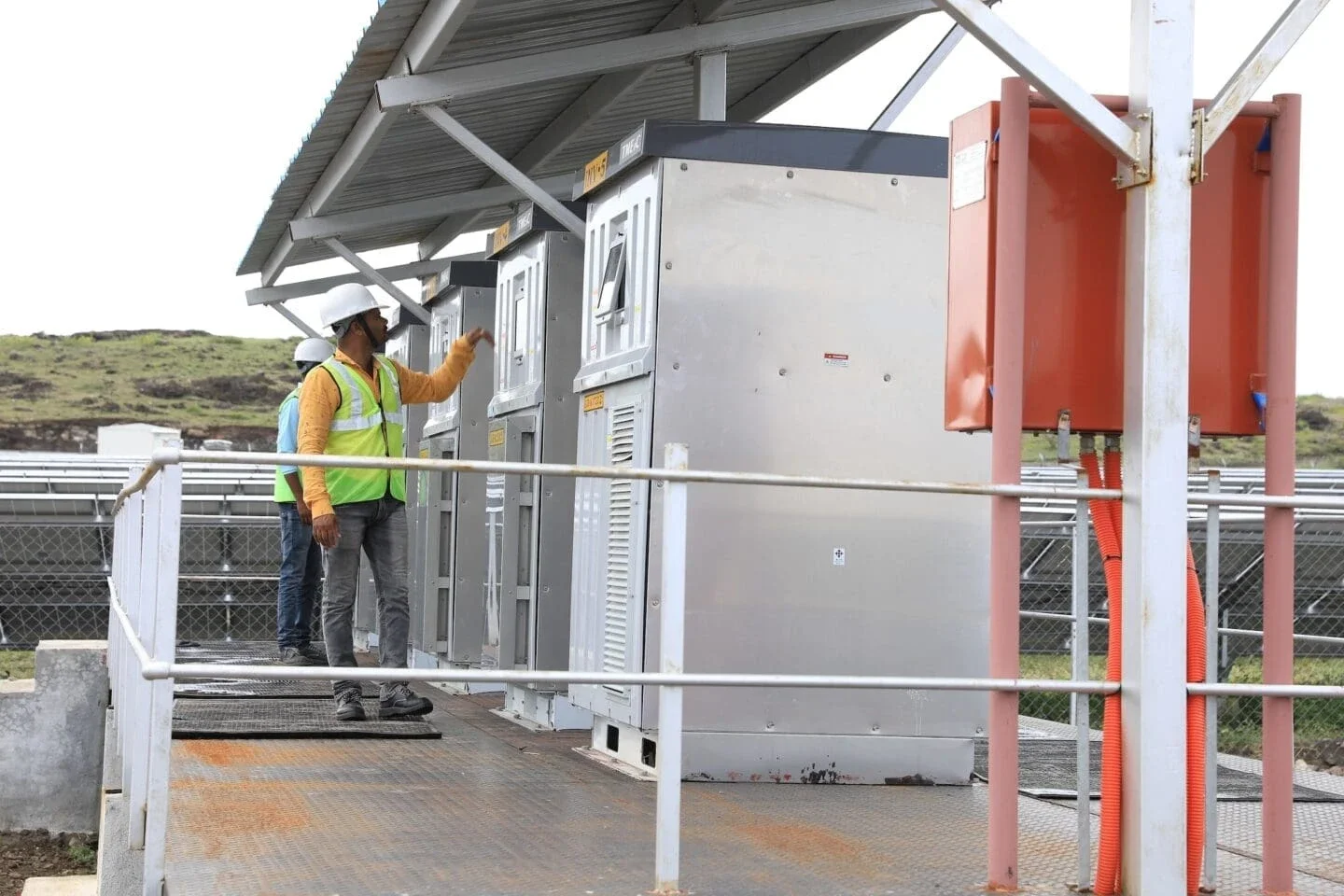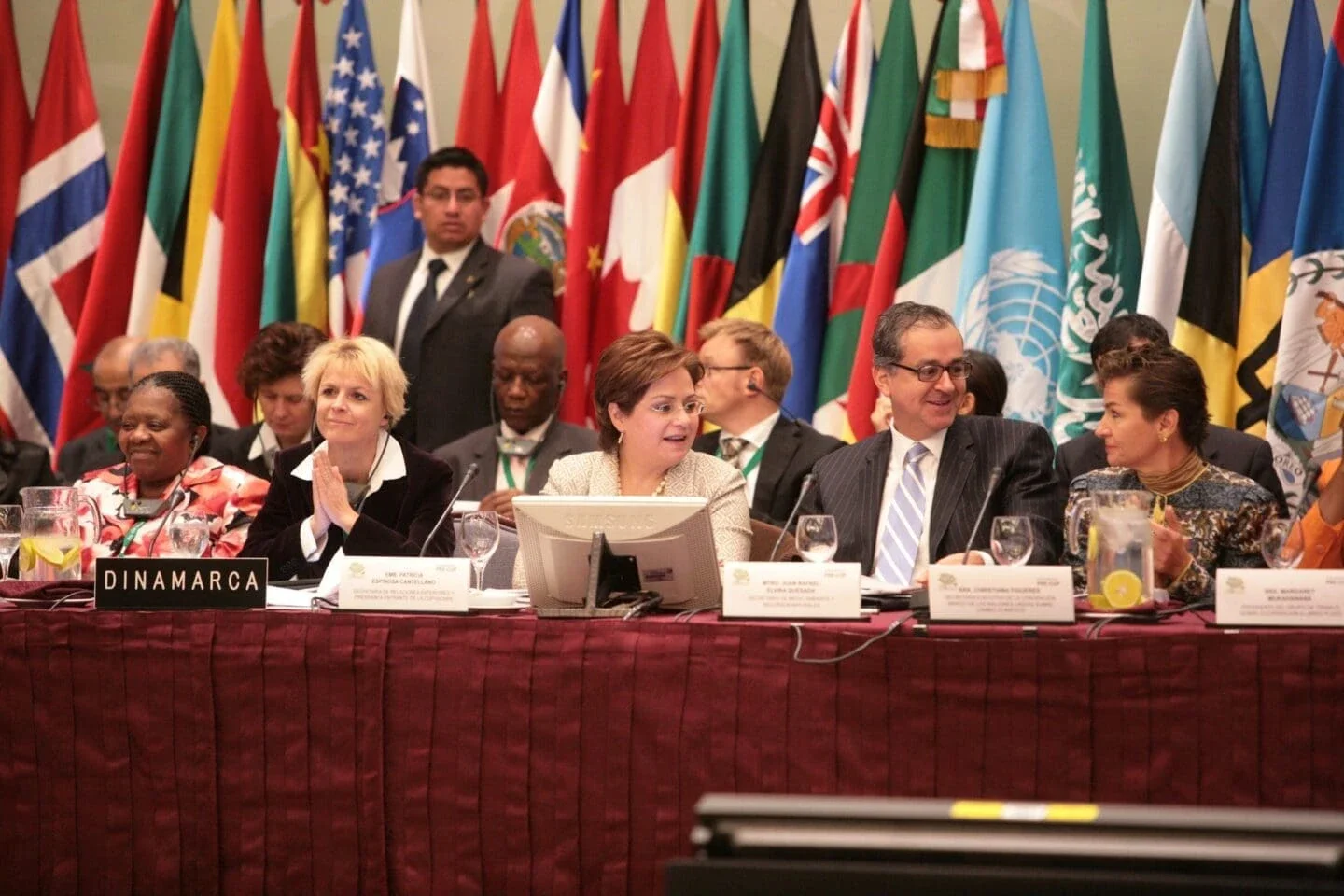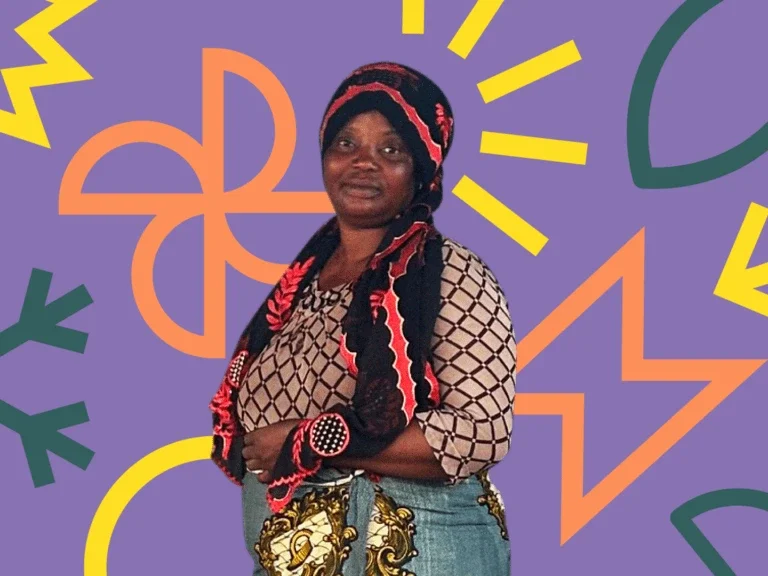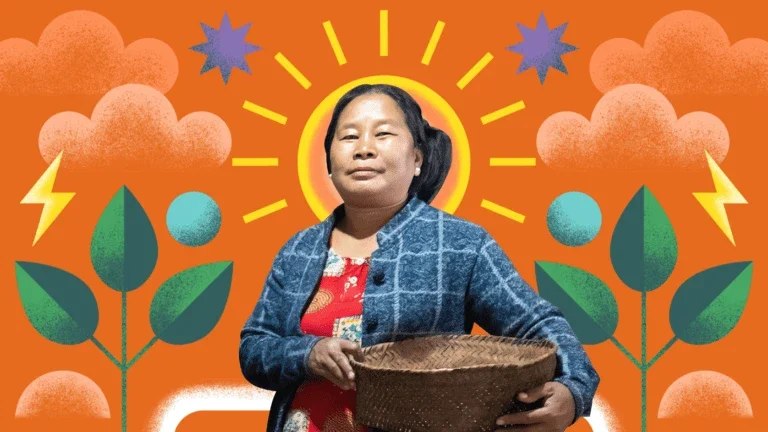We are at a very critical moment. We need global leadership willing to lead radical change in a fractured and polarized world, and to build a common understanding that we all need to share the costs and benefits of this energy transition.
Patricia EspinosaMexican DiplomatFormer Secretary of Foreign Affairs
Deploying Battery Energy Storage Systems
The BESS Consortium is “a key component of scaling up renewables and seeing this energy transition materialize at the pace required,” said Dr. Daniel Schroth, Director of the Renewable Energy and Energy Efficiency Department for the African Development Bank (AfDB) who has worked with GEAPP since its founding and supports the GLC membership of AfDB president, Akinwumi Adesina.
“Unlocking Africa’s enormous renewable energy potential will require massive investments in solar and wind energy, and battery energy storage systems will help… support the integration of greater renewable energy into the grids,” Adesina said when the BESS Consortium was launched at last year’s U.N. Climate Change Conference in Dubai. “That is why the work of the BESS Consortium, which is an innovation of the GEAPP Leadership Council, is so important.”
But scaling BESS solutions is complex, requiring the right policies, regulations, financing, and implementation. The GLC agreed to collectively identify 5 gigawatts of energy storage projects by the end of 2024. It is working to deploy these in low- and middle-income countries to help them stabilize their grids and integrate more renewable energy.
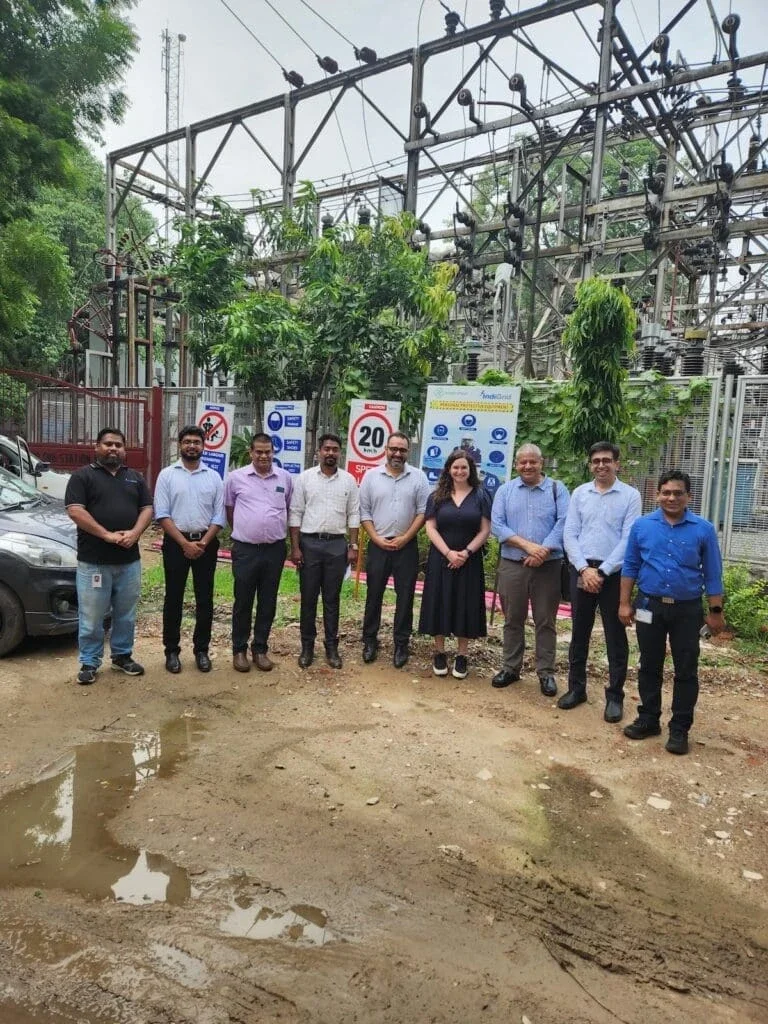
In the face of climate change, we are required to move at a pace and scale that normally only happens under wartime conditions.
Jessica UhlPresidentGE Vernova
The world has the technology to switch from fossil fuels to zero-carbon energy sources while ensuring universal access to electricity. What we urgently need now is implementation at scale and mobilization of funds to pay for it.
Chandrasekar GovindarajaluCo-Lead ESMAPWorld Bank
Govindarajalu on the GLC’s Role
in the Climate Fight
- • Elevate: Bring high-level attention to this critical work through the GLC membership.
- • Unify: Coordinate efforts on a global scale for maximum impact.
- • Direct: Channel funding from GEAPP, multinational banks, the private sector, and philanthropy.
- • Ensure: Keep reliable access to electricity for all at the forefront of the agenda.
Battery Energy Storage Systems Explained
More in this Matter of Impact Edition
Why Convenings Matter
The Rockefeller Foundation uses convenings to supercharge solutions to the world's most challenging problems.
read moreA Convening Builds a Climate Warrior
The Food Systems Game Changers Lab helped launch young Ledama Masidza of Kenya on a path to secure his community's food security in the face of climate change.
read more